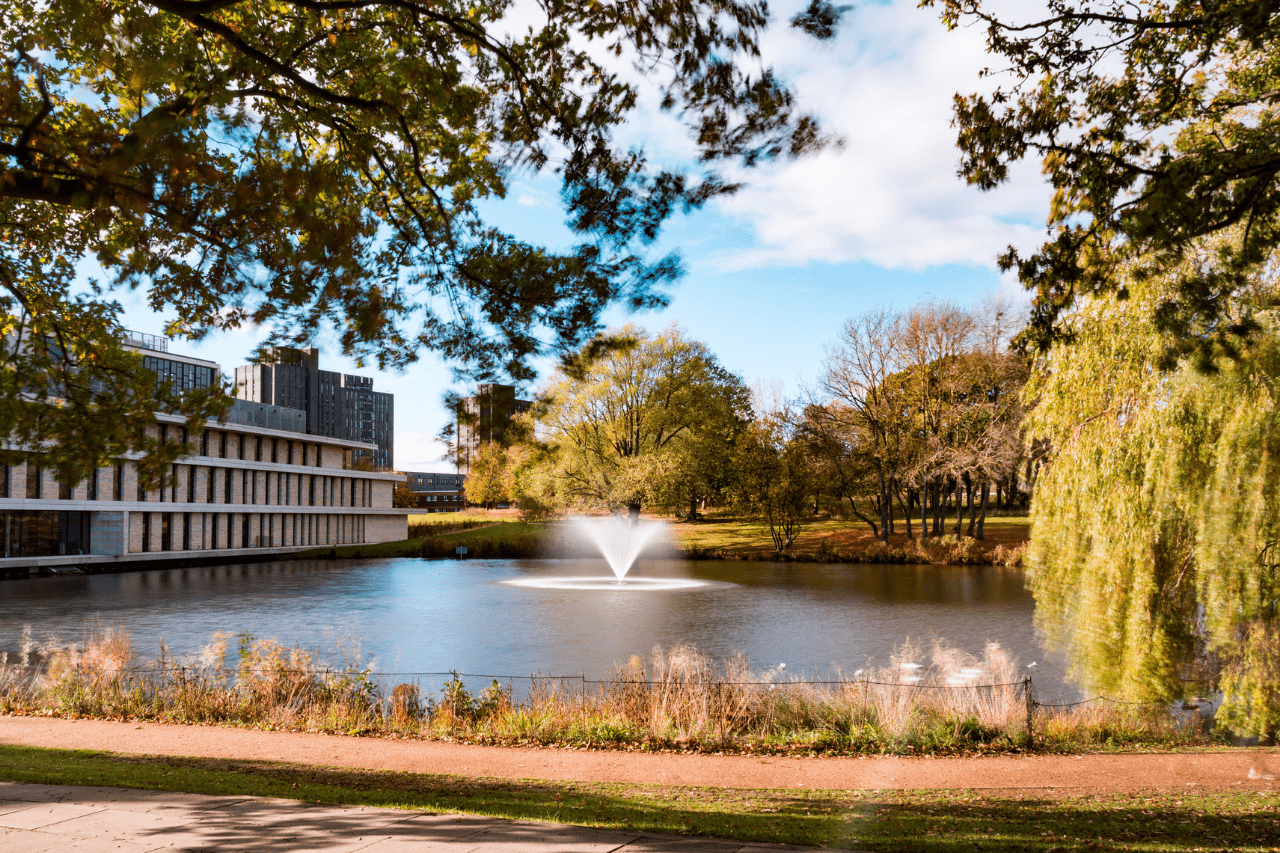Many of our courses can be extended for a year by undertaking a work placement or spending a year studying abroad.
A placement year is an ideal way for you to gain relevant work experience and apply what you’ve learned to a professional, real-world, context. With help from our department and the University’s Student Development team, you will select and apply for placement opportunities that interest you. You can choose what to apply for, whether you want to remain close to the University of Essex and apply for opportunities in the local area, or save money by finding something closer to home if you live further afield.
Alternatively, undertaking a year abroad in another country to study at one of our partner universities can mean stretching your wings and experiencing another language and culture. You don’t need to go far – we have partnerships with institutions across Europe. But if travel is something that excites you, then you can explore opportunities in South Korea, Australia, Canada, and many more.
Signing up to a degree including one of these years doesn’t commit you to going. We know that things change, so if you decide you no longer want to undertake a placement year, or don’t want to go abroad, we can swap you on to a standard three-year degree.





.jpg?h=440&w=440&la=en&hash=D24669EC7A792EF030144EF7E556D8A1)


)







